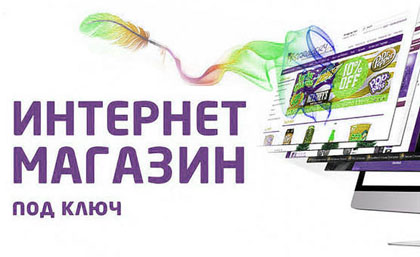Spring HATEOAS как получить HAL ?
236
14 июня 2017, 00:59
@RestController("/customers")
public class CustomerController {
@Autowired
private CustomerService customerService;
@RequestMapping(value = getAllCustomers, method = RequestMethod.GET)
@ResponseBody
public Collection<CustomerEntity> getAllCustomers() {
List<CustomerEntity> customerEntities = customerService.readAll();
for (CustomerEntity customerEntity : customerEntities) {
setLinks(customerEntity);
}
return customerEntities;
}
@RequestMapping(value = getCustomer, method = RequestMethod.GET)
@ResponseBody
public CustomerEntity getCustomerEntity(@PathVariable(value = "id") Integer id) {
CustomerEntity customerEntity = customerService.readById(id);
setLinks(customerEntity);
return customerEntity;
}Данные методы возвращают на клиент ответ с Content-type json , но мне нужен HAL или HAL + JSON
Класс CustomerEntity :
@Entity
@Table(name = "customer")
@JsonIdentityInfo(
generator = ObjectIdGenerators.PropertyGenerator.class,
property = "idCustomer",scope = CustomerEntity.class)
@JsonIgnoreProperties(ignoreUnknown = true)
public class CustomerEntity extends ResourceSupport implements Serializable {
@Id
@GeneratedValue(strategy = GenerationType.IDENTITY)
@Column(name = "id_customer", nullable = false)
private int idCustomer;
@Column(name = "first_name", nullable = true, length = 45)
private String firstName;
@Column(name = "last_name", nullable = true, length = 45)
private String lastName;
@OneToMany(mappedBy = "customer", cascade = CascadeType.ALL)
@LazyCollection(LazyCollectionOption.FALSE)
private List<CreditCardEntity> creditCards = new ArrayList<CreditCardEntity>();
@OneToMany(mappedBy = "customer", cascade = CascadeType.ALL)
@LazyCollection(LazyCollectionOption.FALSE)
private List<OrderEntity> orders = new ArrayList<OrderEntity>(0);
public CustomerEntity(String firstName, String lastName, List<CreditCardEntity> creditCards,
List<OrderEntity> orders) {
this.firstName = firstName;
this.lastName = lastName;
this.creditCards = creditCards;
this.orders = orders;
}
public CustomerEntity() {
}
public CustomerEntity(String firstName, String lastName, CreditCardEntity creditCardEntity, OrderEntity
orderEntity) {
this.firstName = firstName;
this.lastName = lastName;
this.creditCards = new ArrayList<CreditCardEntity>();
this.creditCards.add(creditCardEntity);
this.orders = new ArrayList<OrderEntity>();
this.orders.add(orderEntity);
}
public int getIdCustomer() {
return idCustomer;
}
public void setIdCustomer(int idCustomer) {
this.idCustomer = idCustomer;
}
public String getFirstName() {
return firstName;
}
public void setFirstName(String firstName) {
this.firstName = firstName;
}
public String getLastName() {
return lastName;
}
public void setLastName(String lastName) {
this.lastName = lastName;
}
public List<CreditCardEntity> getCreditCards() {
return creditCards;
}
public void setCreditCards(List<CreditCardEntity> creditCards) {
this.creditCards = creditCards;
}
public List<OrderEntity> getOrders() {
return orders;
}
public void setOrders(List<OrderEntity> orders) {
this.orders = orders;
}
}-
13:29
Кофе для программистов: как напиток влияет на продуктивность кодеров?
-
22:13
Рекламные вывески: как привлечь внимание и увеличить продажи
-
19:13
-
16:04
Стратегії та тренди в SMM - Технології, що формують майбутнє сьогодні
-
17:27
Выделенный сервер, что это, для чего нужен и какие характеристики важны?
-
22:17
-
18:08
Современные решения для бизнеса: как облачные и виртуальные технологии меняют рынок
-
18:54
-
17:35
ТОП-10
- Почему SERVER_ADDR имеет не тот IP 47930 visits
- Как заменить $_SERVER[REMOTE_ADDR] на IP клиента в PHP за двумя Nginx? 30568 visits
- Хочу вывести несколько строк из массива в один div, выводит только много undefined; подскажите, что делать? 23912 visits
- Как через css изменить цвет png изображения? 10406 visits
- Blob video url download 10006 visits
- Php curl запрос через прокси с авторизацией 9281 visits
- Работа с captcha vk api 8149 visits


